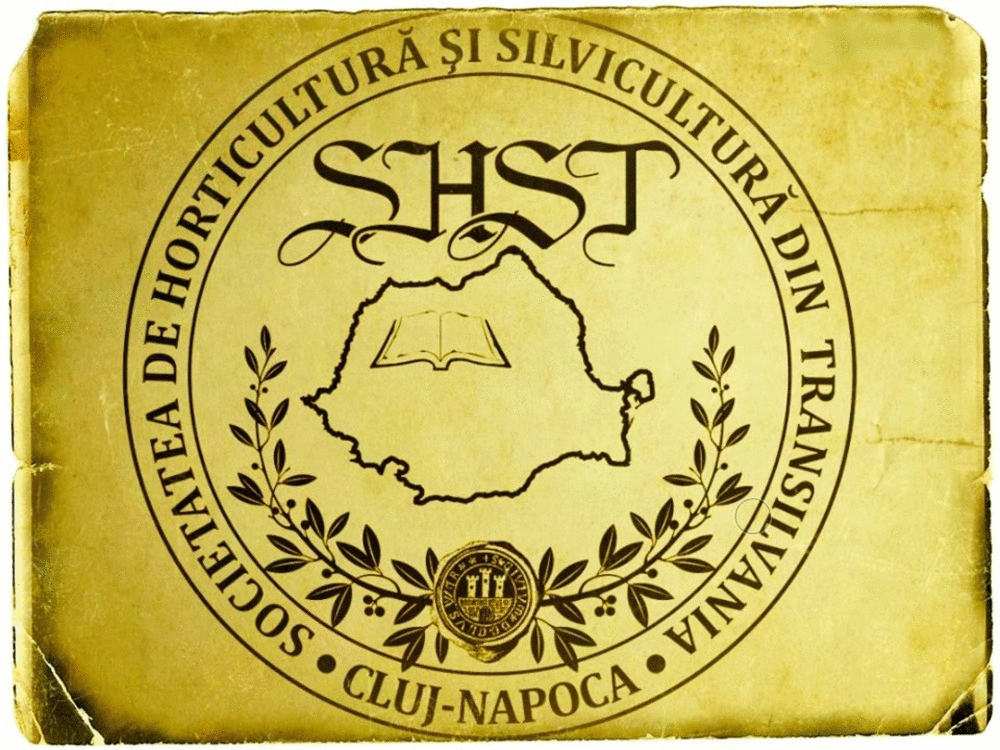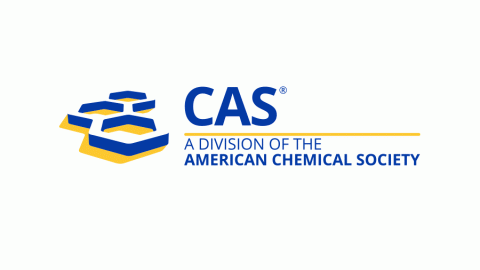In Vitro Selection of Foeniculum vulgare for Salt Tolerance
DOI:
https://doi.org/10.15835/nsb325806Abstract
In vitro selection of Foeniculum vulgare for salt tolerance was undertaken by the use of somaclonal variation. In this idea, explants of root, hypocotyl and cotyledon of sterilized seedling were transferred to callus and regeneration media with concentrations of 0, 50, 100 and 150 mM of NaCl. After 4 weeks, calli induction, regeneration frequency and calli fresh and dry weights, in both control and stress conditions, were measured. The results showed that salinity caused a significant decrease in the callus induction and shoot regeneration of fennel. However, in the presence of 100 and 150 mM NaCl, the highest frequency of callus induction in hypocotyl and cotyledon explants was recorded on the media supplemented with 1 mg l-1 IAA (Indol-3-Acetic Acid) plus 1 mg l-1 2,4-D (2, 4- dichlorophenoxyacetic acid) and 2 mg l-1 kinetin. Among different growth regulator treatments, the combination of 2 mg l-1 NAA (Naphtaleneacetic acid) and 0.5 mg l-1 kinetin was found to be the most effective for shoot regeneration under stress condition. The highest dose of NaCl (150 mM) inhibited callus induction and shoot regeneration compared to control with 41% and 96% respectively. The calli fresh and dry weights of all explants were decreased with the increas of NaCl concentration. The highest and the lowest of dry and fresh weight of calli were observed in 0 and 150 mM respectively.
Metrics
Downloads
Published
How to Cite
Issue
Section
License
Papers published in Notulae Scientia Biologicae are Open-Access, distributed under the terms and conditions of the Creative Commons Attribution License.
© Articles by the authors; licensee SMTCT, Cluj-Napoca, Romania. The journal allows the author(s) to hold the copyright/to retain publishing rights without restriction.
License:
Open Access Journal - the journal offers free, immediate, and unrestricted access to peer-reviewed research and scholarly work, due SMTCT supports to increase the visibility, accessibility and reputation of the researchers, regardless of geography and their budgets. Users are allowed to read, download, copy, distribute, print, search, or link to the full texts of the articles, or use them for any other lawful purpose, without asking prior permission from the publisher or the author.













.png)















